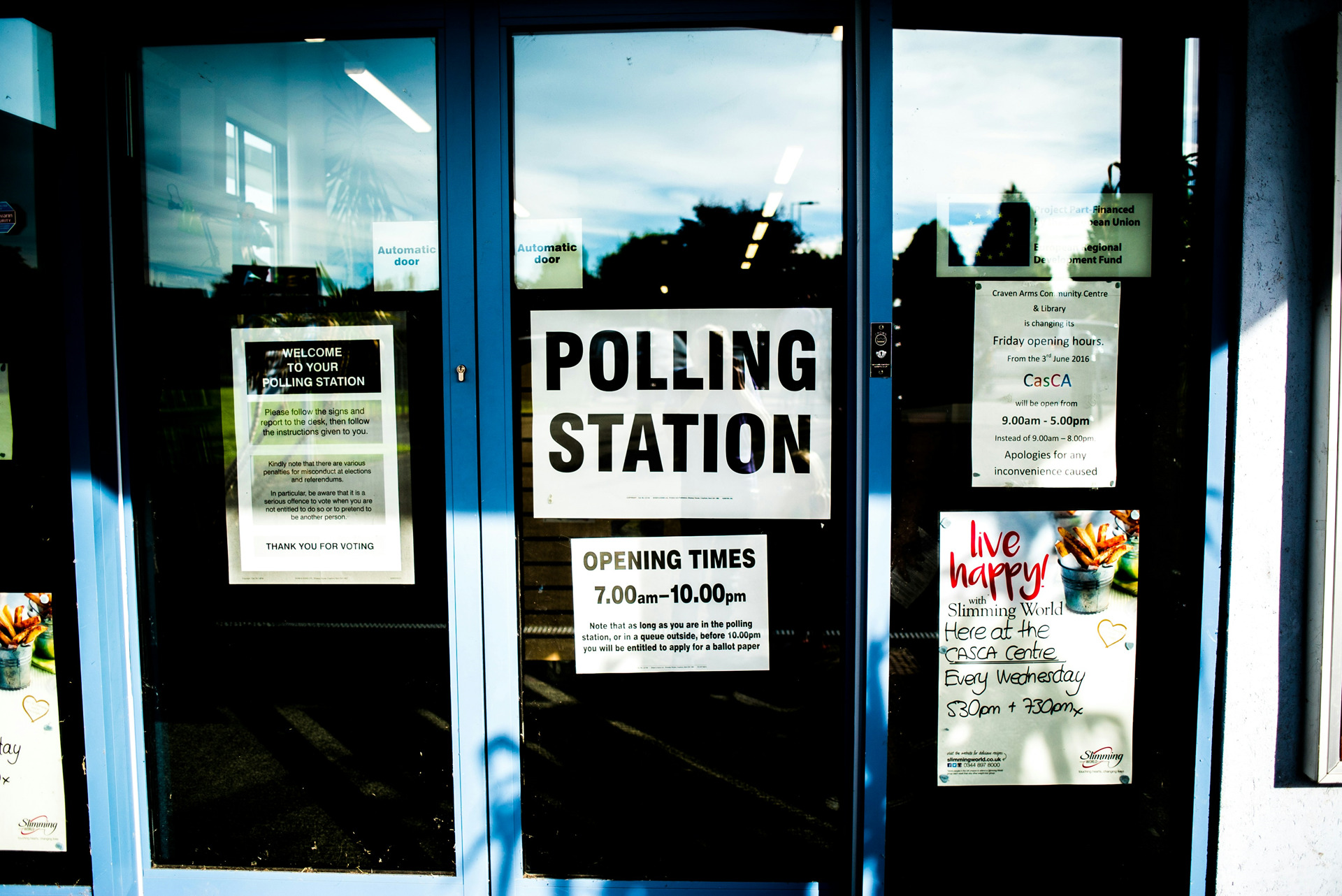
Three quarters of UK adults are concerned about corruption in the UK government
New polling from Savanta ComRes suggests high levels of concern about corruption in the UK government, where corruption is defined as ‘dishonest or fraudulent conduct by those in power’.
Brits have little sympathy for the claims of some that MPs struggle to get by on their £81k salaries
Three quarters of adults overall say they are concerned (76%), with just one in five not concerned (19%). The proportion who say they are concerned includes seven in ten Conservative voters (72%), and rises to nine in ten Labour voters (90%).
Concern is high across both 2016 Leave (78%) and 2016 Remain (83%) voters, but significantly lower amongst those who did not vote in the Brexit referendum (68%).
It also appears that Brits have little sympathy for the claims of some that MPs struggle to get by on their £81k salaries, with just one in ten saying this amount is too low (9%). In fact, well over half say that this salary is actually too high (56%), and three in ten think it’s about right (30%).
2019 Labour voters are more likely to say that MPs’ salaries are too high (62%), although half of Conservative voters also think this (51%).
With scrutiny in the government seemingly higher than ever, attention has turned to claims of correlation between donations to the Conservative Party and peerages.
And, it appears there is very little support for keeping the House of Lords as a fully appointed chamber (9%), with the most popular option tested being a fully elected chamber (30%).
The proportion who would back a fully elected chamber includes three in ten Conservative voters (31%) and rises to two in five Labour voters (39%).
One in five UK adults overall favour abolishing the House of Lords entirely (22%), rising to a quarter of each of Conservative (25%) and Labour voters (24%).
Around one in six of the public would prefer a partly elected chamber (15%), while a quarter said that they did not know (23%).
The next general election is scheduled for Thursday 2nd May 2024, although some have suggested that the Conservatives have their eyes on Spring 2023 as a preferred option.
Despite this, three in ten would back a general election at some point in 2022 (28%), including one in five Conservative voters (18%).
One in five adults would favour some point in 2023 (22%), while a quarter back 2024 (25%), including one in five who would prefer the scheduled May 2nd date (20%).
2024 is also the most popular option amongst 2019 Conservative voters, with over two in five (44%) backing some point in 2024 on or before May 2nd 2024.
Commenting on the findings, Chris Hopkins, Political Research Director at Savanta ComRes says,
“Perhaps the only thing more eyebrow-raising than the details of MPs’ second jobs that have emerged over the last week is the fact that Boris Johnson and his government allowed the debate to get to this point in the first place. Indeed, many have rightfully suggested that much of the scrutiny that has now been placed not only on MPs’ lobbying, but also their parliamentary salaries, having second jobs at all, and even appointments to the House of Lords, was easily avoidable.
Our data from last week, which showed low levels of support for MPs being allowed to take on other work, will be compounded by this new polling, with just one in ten taking the view that MPs’ salaries are too low, and well over half thinking that, in fact, their £81k remuneration is actually too much.
Even more concerning though will be the significant majority of the public who are now concerned about corruption in central government, and one can’t help but think that government scandals otherwise largely confined to the Westminster ‘bubble’ may have begun to shift the needle on wider public opinion.”
To sign-up for our regular Pollwatch newsletter, click here.


